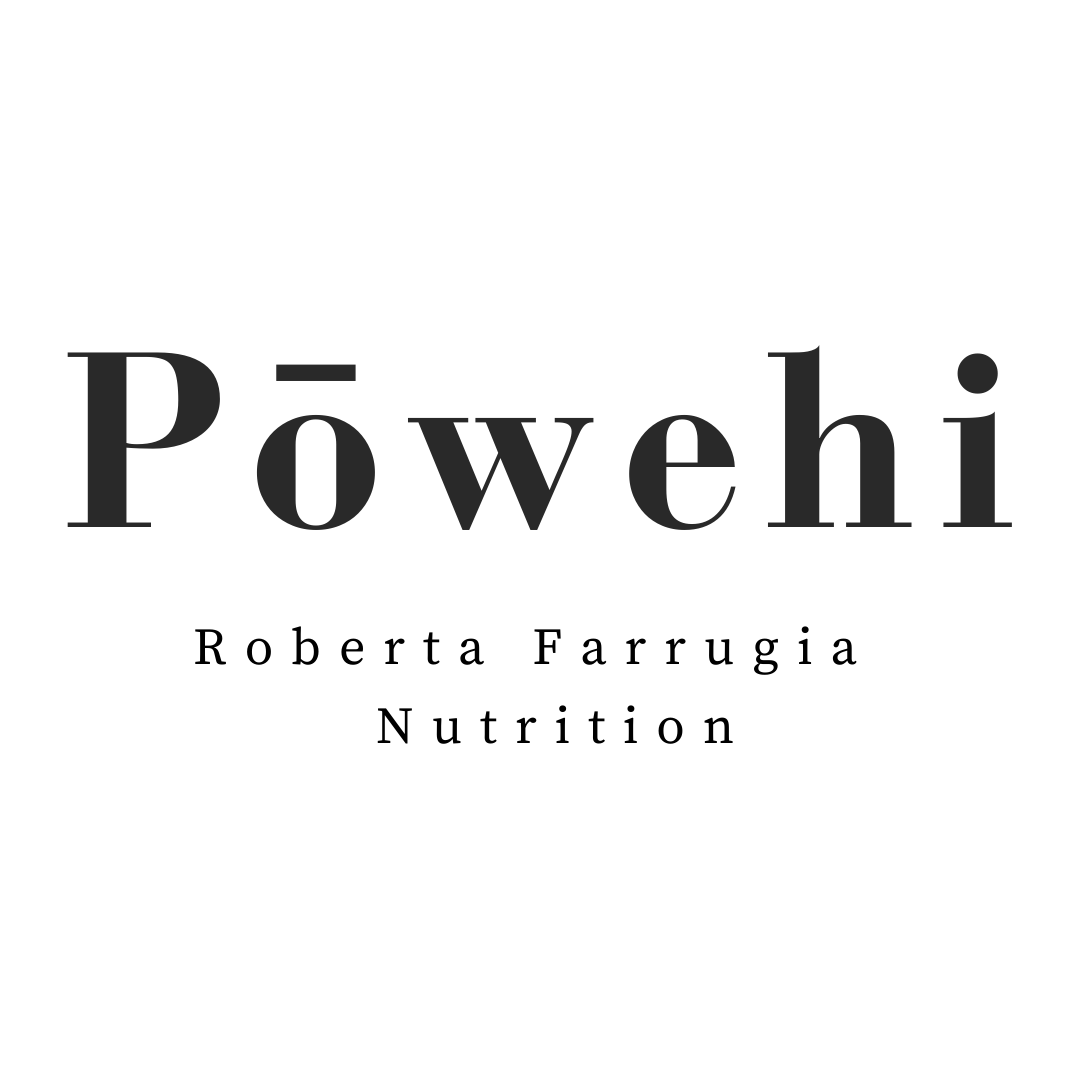As a nutritionist, I understand the allure of high-protein diets, which have surged in popularity for their effectiveness in preserving muscle mass, promoting satiety, and aiding in weight management. However, like any dietary trend, it’s essential to examine both the benefits and potential pitfalls. Let’s dive into the science, the pros, and the cons of high-protein diets, with insights from Dr. Garth Davis’s book Proteinaholic and relevant research.
The Pros of High-Protein Diets
- Muscle Preservation and Growth
High-protein diets provide the building blocks for muscle repair and growth, making them particularly beneficial for athletes, bodybuilders, and older adults seeking to prevent muscle loss (sarcopenia). - Satiety and Appetite Control
Protein is highly satiating, helping to curb hunger and reduce overall calorie intake; a significant factor in successful weight management. - Metabolic Boost
The thermic effect of food (TEF) is higher for protein compared to fats and carbohydrates, meaning your body burns more calories digesting and metabolizing protein.
The Cons of High-Protein Diets
- Strain on the Kidneys
While protein does not directly cause kidney disease, individuals with pre-existing kidney conditions may experience worsened kidney function on a long-term high-protein diet. Studies suggest a potential link between excessive protein intake and an increased risk of kidney stones due to higher calcium excretion in urine.- Supporting Study: A study published in The American Journal of Kidney Diseases found that diets rich in animal protein can increase urinary acid load, which may contribute to stone formation.
- Potential for Nutrient Imbalances
High-protein diets can crowd out other essential nutrients, particularly if they focus heavily on animal-based sources, which are often higher in saturated fats and lower in fiber. - Impact on Longevity
Dr. Garth Davis, in Proteinaholic, emphasizes how excessive protein; particularly from animal sources, may contribute to chronic diseases, including heart disease and cancer. He advocates for a more balanced approach, highlighting the health benefits of plant-based proteins. - Environmental Concerns
Animal-based proteins have a higher environmental footprint compared to plant-based proteins. By shifting to more sustainable options, we can reduce our ecological impact.
Why Plant-Based Protein is a Better Option
- Gentler on the Body
Plant-based proteins, such as beans, lentils, quinoa, and tofu, are easier on the kidneys and digestive system compared to their animal counterparts. - Lower in Saturated Fats
Many plant proteins are naturally low in saturated fats, making them heart-healthy and ideal for reducing the risk of chronic diseases. - Rich in Fiber and Phytonutrients
Unlike animal protein, plant-based sources come with added benefits like fiber, antioxidants, and anti-inflammatory properties.
Balancing Your Protein Intake
The key to a healthy high-protein diet lies in balance. Here are some tips:
- Diversify Your Sources: Incorporate plant-based proteins into your meals to reduce saturated fat intake and support kidney health.
- Monitor Portion Sizes: Even with plant-based options, it’s important not to overconsume protein.
- Hydrate: High protein intake can increase your body’s water needs, so stay well-hydrated to prevent complications like kidney stones.
High-protein diets can be a powerful tool for weight management and overall health, but they aren’t one-size-fits-all. By incorporating more plant-based proteins, you can enjoy the benefits of a high-protein diet while minimizing the risks. As Dr. Garth Davis aptly notes in Proteinaholic, balance and moderation are essential for long-term health.
For those considering a high-protein diet, consulting with a certified nutritionist ensures that your plan aligns with your unique health needs and goals.
References
- Dr. Garth Davis, Proteinaholic: How Our Obsession with Meat Is Killing Us and What We Can Do About It.
- Studies from The American Journal of Kidney Diseases.


